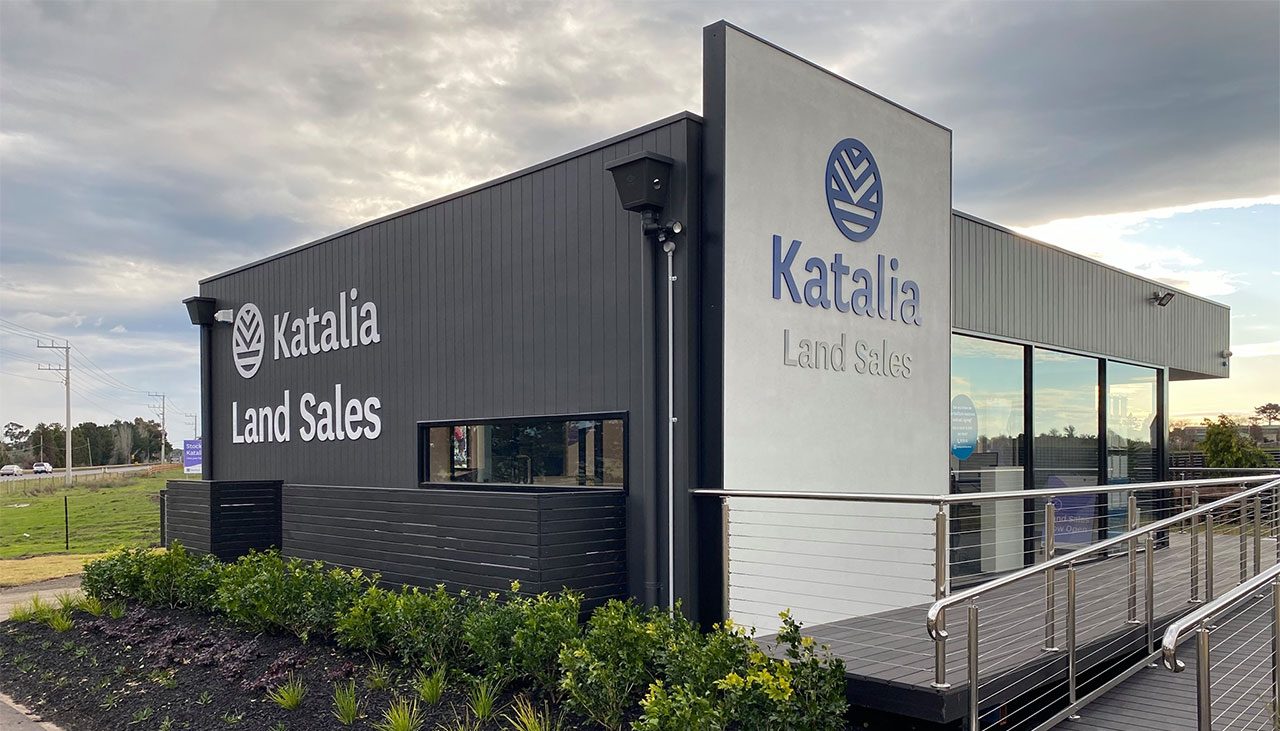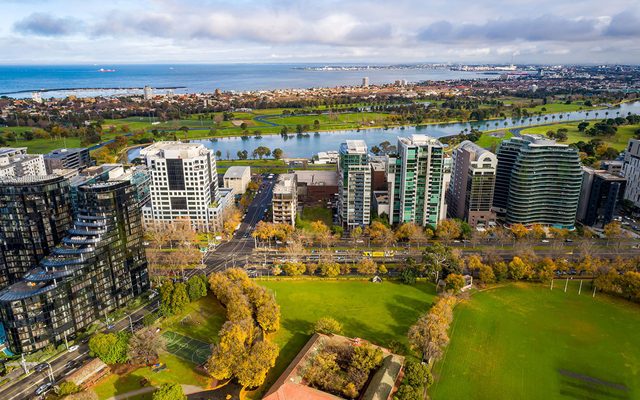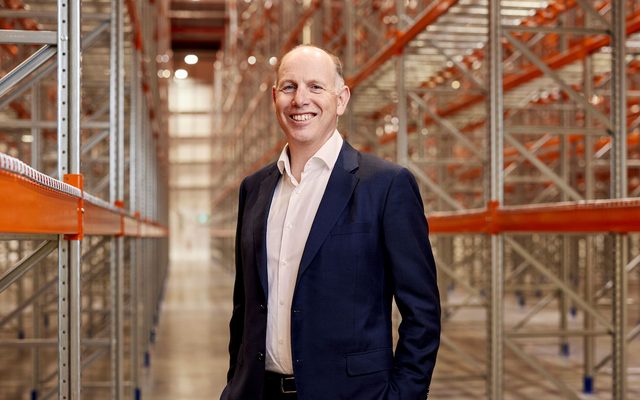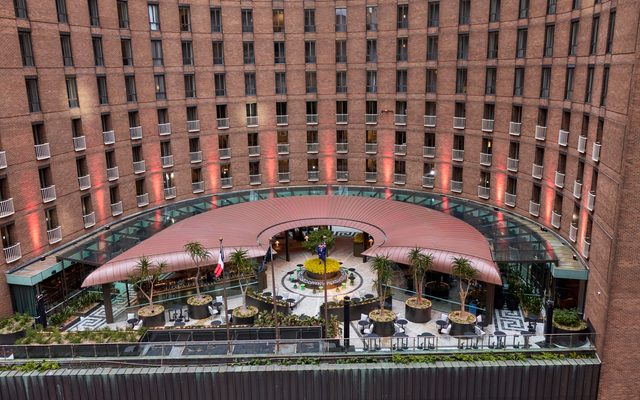This article is from the Australian Property Journal archive
AUSTRALIA’S largest ASX-listed residential developer, Stockland is seeing sales slow down in the face of a cooling market, but its retail, workplace and logistics portfolios are in good shape, as it posted an 8% increase in full-year funds from operation.
FFO came in at $851 million, and on a per security basis was up 7.9% to 35.7c, just above its guidance range.
Full-year distributions per security was up 8.1% to 26.6c.
Stockland reported just 289 net residential sales in July as the market cooled down. It recorded 6,922 net sales over FY22 and settled 5,964 lots, while it started the current year with 5,908 contracts on hand, up 19.4%.
It has seen residential margins increase from 18% to 18.3% over the year on the back of rising prices of land it picked up in 2020, offsetting a rising costs in civil construction.
“Successive increases to the official cash rate have impacted purchaser demand over the latter half of FY22. Though several fundamental drivers remain supportive, and demand has been running ahead of the industry’s production capacity in recent years, we expect moderation in demand in response to the rapid increase in interest rates,” said CEO, communities Andrew Whitson.
“We restocked well in the early phases of the COVID-19 pandemic, capitalising on favourable conditions to underpin future margins, and under assumptions that allowed for a cyclical moderation of demand in the broader residential market.”
The segment return FFO of $336 million, up 1.5%.
Its growing land lease communities platform delivered FFO of $15 million. The platform now has 9,000 home sites across its portfolio and development pipeline. Stockland entered into a long-term partnership with Japanese giant Mitsubishi Estate Asia that will develop and own land lease communities.
Statutory profit jumped 25.0% to $1.381 billion. The result includes $725 million of commercial property revaluation gains, representing a 7.3% uplift on FY21.
“These revaluation outcomes reflect the strong performance of our essentials-based town centres portfolio, a combination of market rental growth and further cap rate tightening over the year for high quality logistics assets, and a broadly stable asset pricing environment for workplace assets,” it said.
The commercial property business delivered a 1.1% increase in FFO to $564 million, and comparable growth of 3.3%, reflecting the a $388 million sell-down of retail assets, rental abatements and high net overheads.
Its convenience-focused retail assets maintained strong occupancy of 99.1% and positive releasing spreads of 1.5%, while logistics assets benefited from ongoing robust demand, with average rental growth on new leases increasing 8.5% and occupancy improving to 99.9%, and the segments FFO rising 37.2% to $155 million.
The town centres portfolio generated FFO of $340 million, down from $363 million, while the workplace portfolio FFO was flat $110 million. It has a $5.8 billion workplace development pipeline.
During the period brought in Canadian entity Ivanhoé Cambridge for a 49% stake on the M_Park life sciences and technology precinct in Sydney’s Macquarie Park.
Saranga Ranasinghe, vice president, Moody’s Investors Service expects demand for residential properties to moderate in line with rising interest rates.
“We also expect (Stockland’s) default rate to increase over the next 12 to 18 months from the current 1.2%, which is below the long run average level.”
“Despite the pandemic-related disruptions during the period and uncertain economic environment driven by higher inflation and interest rates, Stockland’s retail, workplace and logistics assets performed well,”
Ranasinghe said that despite Moody’s expectations for a moderation in demand for Stockland’s master-planned communities business, Stockland’s credit profile will be in line with expectations given the stable and predictable earnings derived from its diverse portfolio of commercial properties.
Gearing was at 23.4% and approximately 18% on a proforma basis post-completion of the $987 million sale of its retirement living business to EQT Infrastructure which settled




